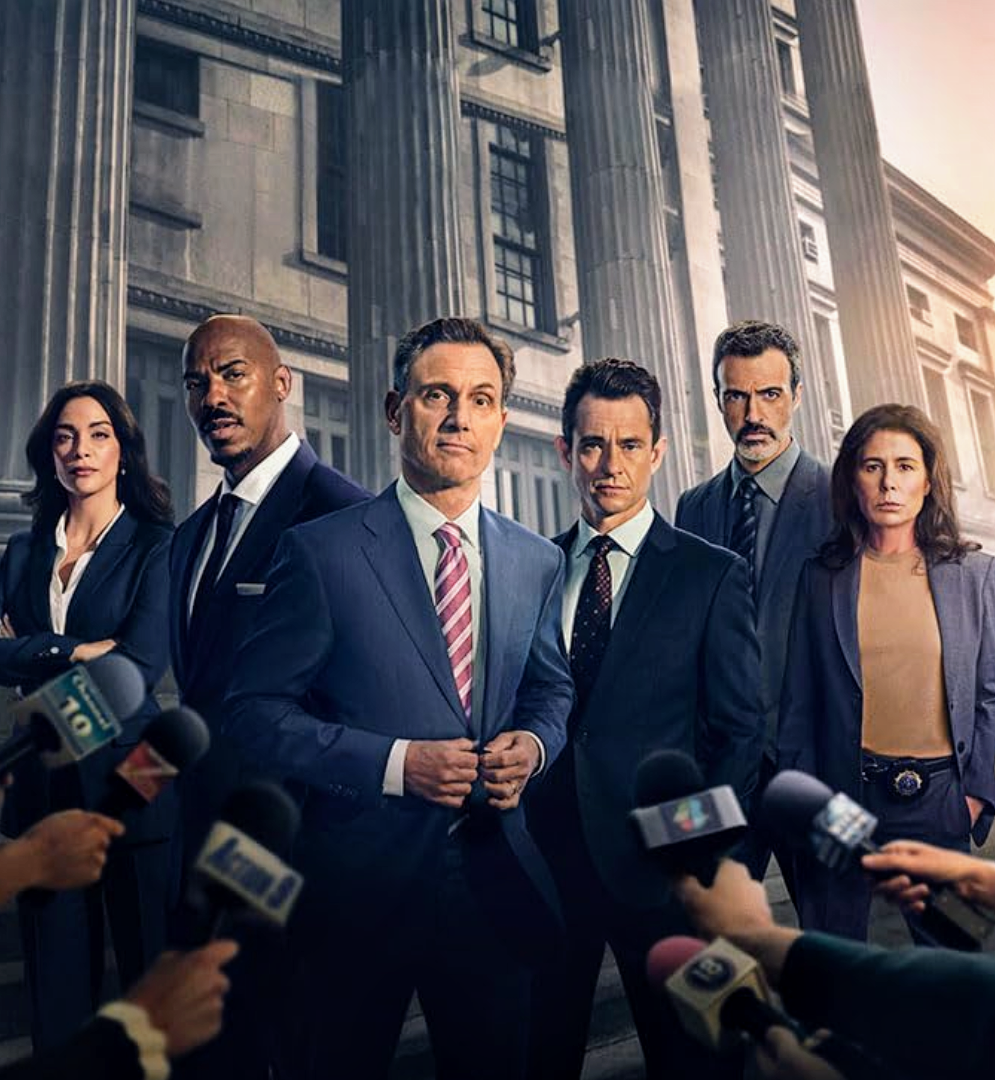
That means, since 1990, the *Law & Order* franchise has delivered over 1,000 episodes, making it a true giant among American TV shows.
As the name suggests, *Law & Order* divides each episode into two parts: the first half focuses on the police investigating the crime, while the second half follows the prosecutors as they bring charges.
Unlike other crime dramas where catching the culprit is the end of the story, in the *Law & Order* series, it's often the prosecution that provides the most compelling moments.
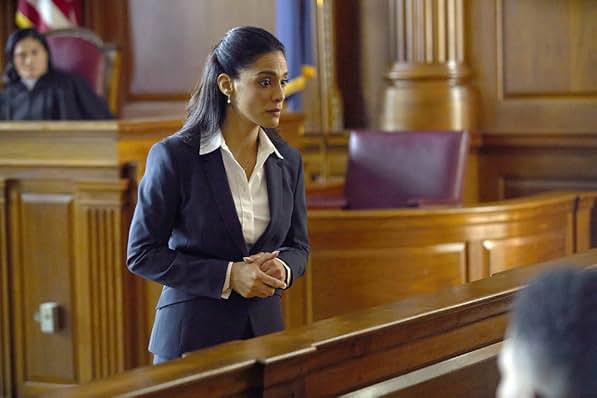
From a certain perspective, this series has played a significant role in educating the American public about the law.
Because most of the shows in the franchise are long-running, the cast has changed constantly over the years—it’s fair to say the series is the “iron framework” while the characters are ever-flowing.
Of course, a few particularly iconic characters have emerged along the way.
In the original *Law & Order* series, many American TV fans might recognize Mr. Big from *Sex and the City*—he played Detective Logan, appearing for five seasons. He later reprised the same role in *Law & Order: Criminal Intent*, where he appeared for another four seasons.
Considered the most iconic detective character, Lennie Briscoe appeared in *Law & Order* for 10 seasons, and later continued in *Law & Order: Trial by Jury*. Sadly, the actor passed away from cancer during the season.
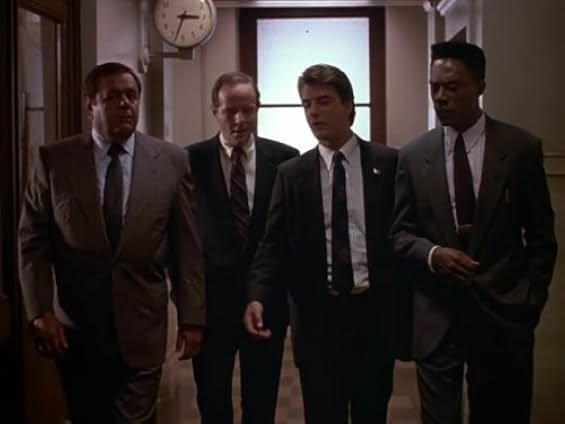
Another example is District Attorney Jack McCoy, who is arguably the most iconic prosecutor character in the series. He has appeared in nearly every installment of the *Law & Order* franchise and starred in the original *Law & Order* for a full 15 seasons.
In what may become the longest-running installment of the franchise, *Law & Order: Special Victims Unit*, the lead character, Det. Olivia Benson, has appeared in every single episode for 22 seasons so far—without a doubt making her the longest-serving actor in the franchise to play the same role.
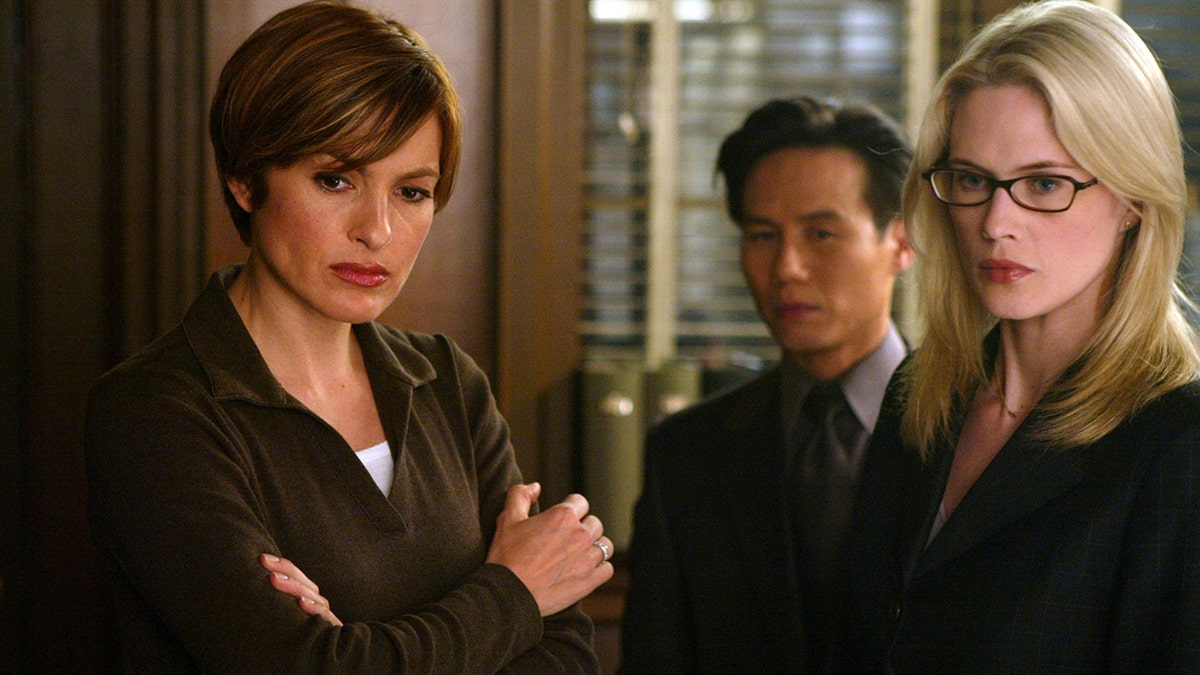
Aside from the main cast, the *Law & Order* franchise has featured a huge number of well-known guest stars. In fact, you could say that among today’s most active stars in the American TV world, there are very few who haven’t made a guest appearance on *Law & Order* at some point. While some of these cameos were made by already-famous actors as a favor or for fun, many more were actually early on-screen opportunities in the careers of now-famous stars. So if you go back and watch all 20 seasons of the original *Law & Order*, you're likely to spot plenty of big-name actors back when they still had baby faces.
In addition, one of the defining features of *Law & Order* is its adaptation of real-life cases, which has resulted in many classic standalone episodes.
The writers of *Law & Order* often draw inspiration from real-life events, adding unexpected twists that make the stories more compelling. However, after decades and hundreds of episodes, the show has also developed some recurring patterns.
For example, the *Law & Order* series features a fictional university called **Hudson University**, which seems to be the most dangerous college in the world—murders, assaults, and serious crimes happen there constantly.
Another recurring element: whenever a character is taken to a hospital, it's almost always the fictional **Mercy Hospital**, which, in reality, is based on the location of a karaoke bar in Manhattan.
Also, when detectives question witnesses, those witnesses are *always* moving something—constantly carrying boxes or shifting items. (This trope has even been parodied in NBC comedies like *Community* and *30 Rock*.)
There's also the “guest star rule”: if a well-known actor appears among the list of suspects, they're almost always the perpetrator—unless another character is played by a major actor from another NBC show, in which case *they* are the guilty one.
And of course, in *every* Manhattan bar on the show, the bartender always remembers everyone—without fail!
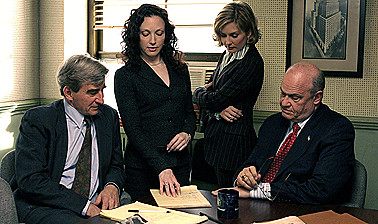
It should be said that, compared to other crime dramas, the *Law & Order* series is much closer to reality — it doesn’t rely heavily on overly dramatic plot twists just for the sake of storytelling, and the legal aspects are portrayed with a high degree of realism.
At the same time, the series remains highly watchable. Despite its serious courtroom content, it never feels too obscure or difficult to understand.
After all, a show that’s been running for 20 years simply *can’t* be “unwatchable.”

After the success of the *Law & Order* series, creator Dick Wolf went on to develop NBC’s “Chicago franchise,” often referred to as the “One Chicago” lineup. This includes *Chicago Fire* (which has aired 9 seasons and has been successfully renewed), *Chicago P.D.* (8 seasons, also renewed), *Chicago Med* (6 seasons, renewed), and *Chicago Justice* (which ended after one season).
In 2018, Dick Wolf launched *FBI*, which quickly became a hit and led to the 2019 spinoff *FBI: Most Wanted*. By now, Dick Wolf has become a hallmark name in the world of procedural dramas.
